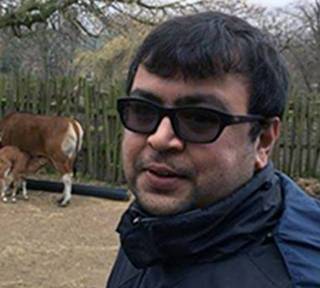Providing rigorous scientific and vocational training, this course will help you understand and meet the challenges posed by climate change.
About this degree
In this course, you will learn about the intricacies of the Earth system of the atmosphere, hydrosphere, biosphere and lithosphere and the impact of climate change and variability on this delicate balance.
The programme combines observation-based climate and environmental science with state-of-the-art modelling, focusing on the impacts of climate change.
You will graduate with an understanding of the place of climate change in the broader context of anthropegenic environmental change and the social policies that impact it.
Who is this course for?

You will be best suited for the MSc in Climate Change if you have a strong foundation in geography or the sciences.
You will also need a keen interest in understanding the Earth's intricare climate system in depth and a desire to learn about the ways in which we assess and simulate its variability.
MSc Open Event
Hear more about the course from Professor Chris Brierley:
- Academic Staff
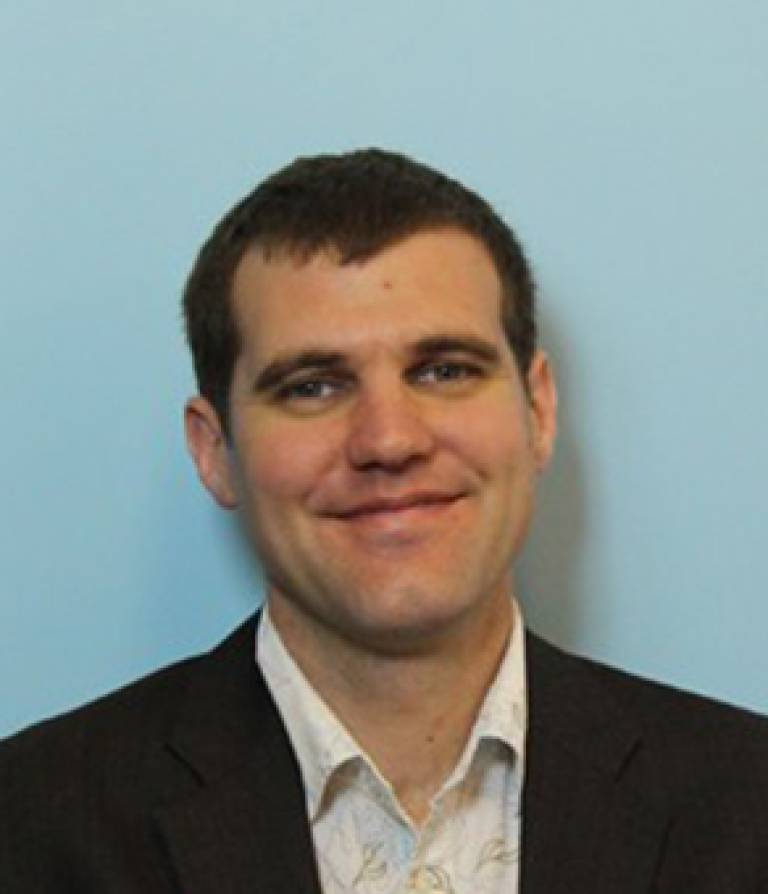
Professor Chris Brierley (Convenor)
Chris convenes the MSc Climate Change Programme. His research revolves around the use of earth system models to answer questions about past and future climate change. His ongoing work for the Palaeoclimate Model Intercomparison (Climate of the Past, 2020) forms part of the past climate community's contribution to the Intergovernmental Panel of Climate Change's 6th Assessment Report.
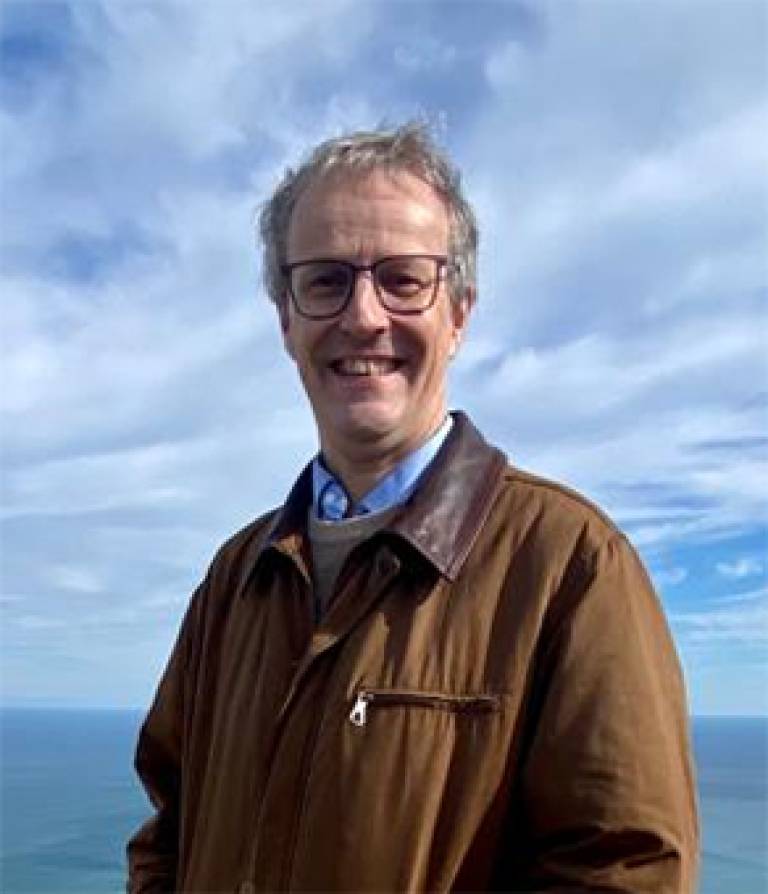
Professor Jon French
Jon directs the Coastal and Estuarine Research Unit. His research interests extend across coastal, estuarine and lacustrine environments and mainly concern the dynamics of coupled natural, socio-economic and engineered infrastructure systems and their resilience to geohazards and climate change. He has expertise in hydrodynamic and physical process modelling, data-driven 'machine learning' methods, and behavioural system modelling.

Professor Chronis Tzedakis
Chronis is a pioneer in the study of long terrestrial sequences. His work has included documenting the response of vegetation to orbital- and millennial-scale climate variability and the importance of glacial tree refugia as museums and cradles of biodiversity. His research has shed light on when interglacials occur and how long they last, contributing toward an extended Milankovitch theory of ice ages.

Professor Helene Burningham
The central aim of Helene's research is to explain coastal behaviour, system dynamics and mechanisms of forcing over decades and centuries. In particular, she is exploring the relative importance of intrinsic system control versus external climate forcing on the geomorphology and morphodynamics of coastal sedimentary systems.
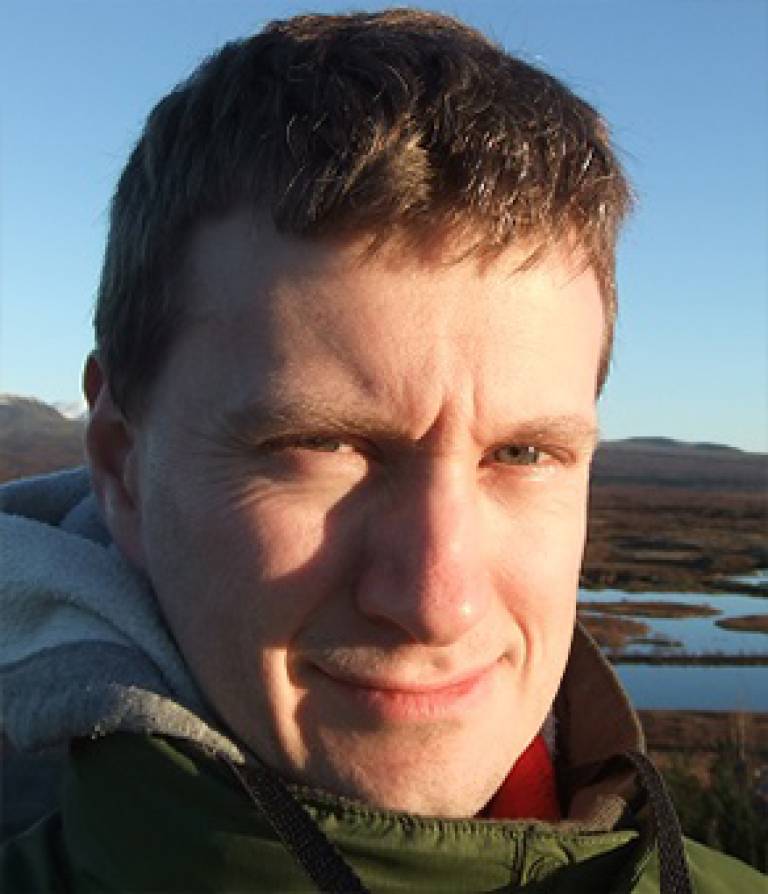
Dr Samuel Randalls
Sam's research interests are at the interface of business, science and the environment, with a particular focus on weather and climate. His recent research focuses on the development of 19th-century weather-related insurance and histories of climate policies.

Associate Professor Pushpa Arabindoo
Pushpa Arabindoo is a Co-Director of the UCL Urban Laboratory where she leads the priority theme of Wasteland. With an undergraduate degree in Architecture, an MSc in Urban Design and a PhD in Planning, her work assumes an interdisciplinary approach to urban studies, drawing on everything from engineering and natural sciences to humanities and the social sciences. Her research is set in the Indian city of Chennai where she has investigated a range of issues from middle-class activism to subaltern politics and ecological imaginaries around nature, water and waste.

Professor David Thornalley
David is Deputy Chair of the Physical Geography MSc programmes and Deputy Director of the London Natural Environment Research Council Doctoral Training Programme (NERC DTP). His research investigates the role of the ocean in the climate system, with his work revealing the exceptional nature of industrial-era changes in Atlantic circulation and ecosystems.
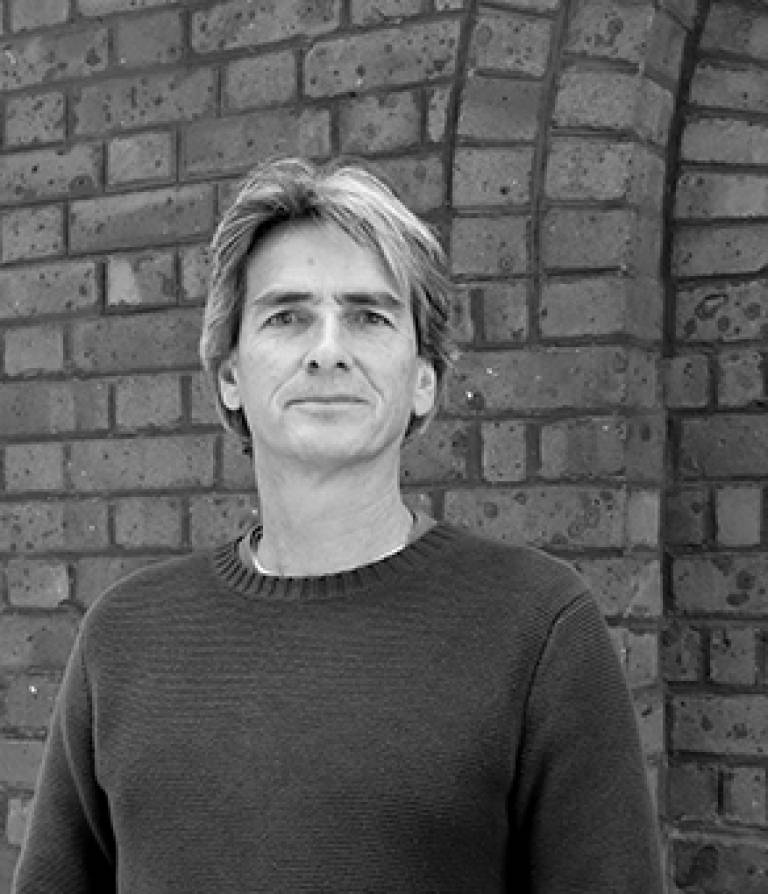
Professor Richard Taylor
Richard's research seeks to inform sustainable, safe water supplies in low-income countries. From 2009 to 2018, he led an International Association of Hydrologists (IAH) Commission on Groundwater and Climate Change and is a contributing author to two chapters of the IPCC's 6th Assessment Report, Water Cycle Changes and Africa.
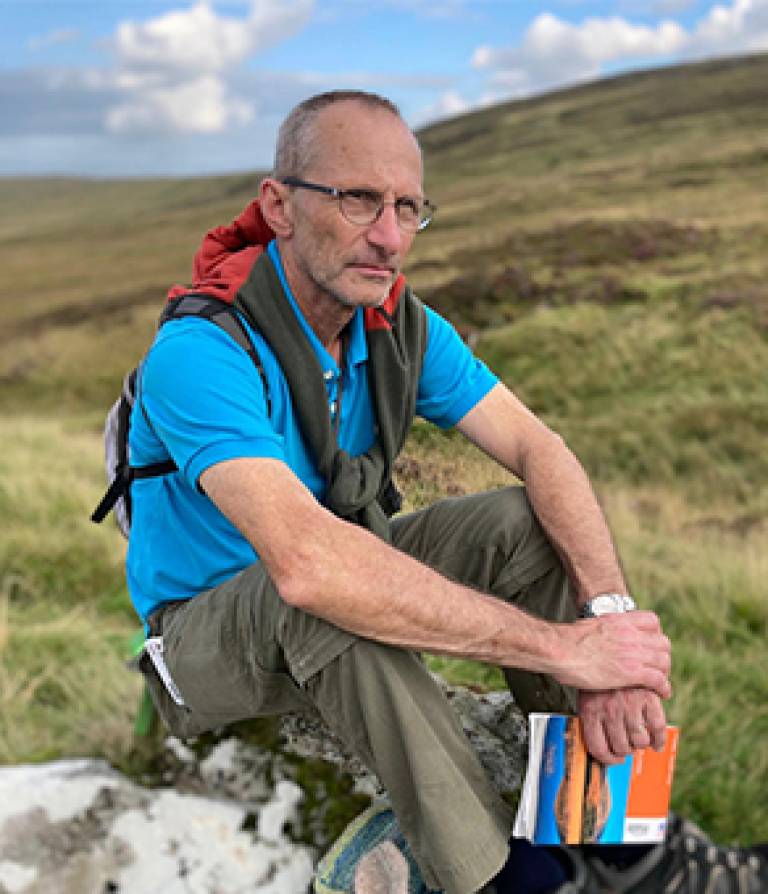
Professor Jonathan Holmes
Jonathan is the Director of the Environmental Change Research Centre. His research is concerned with the reconstruction of late Pleistocene and Holocene climates using lake sediments, abrupt climate change, human–climate interactions and data-model comparisons. He has authored over 100 publications and supervised/co-supervised over 20 PhD students.
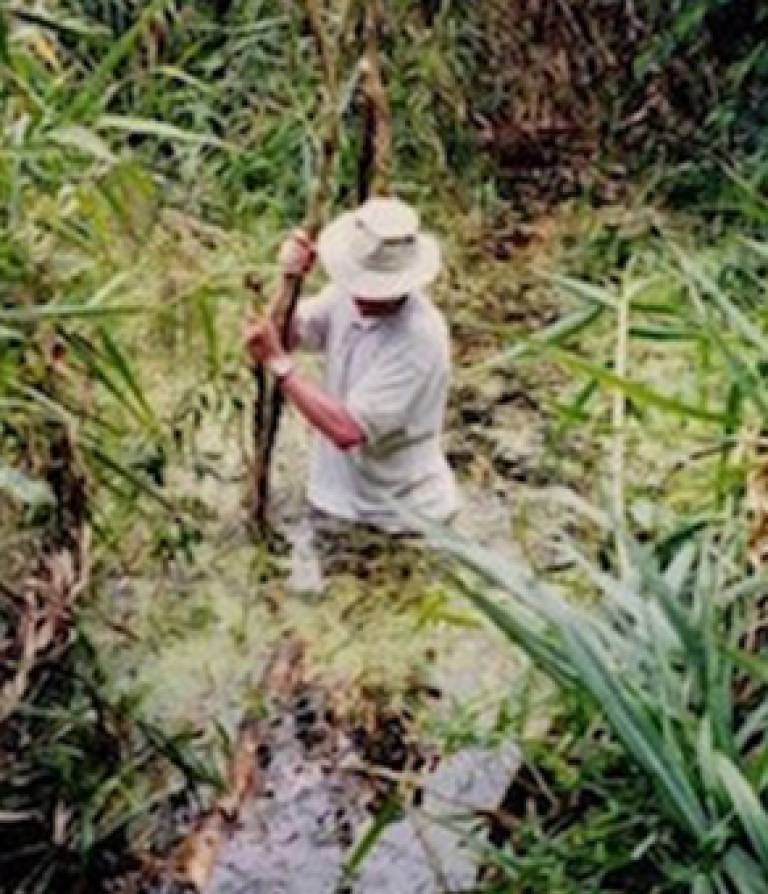
Professor Julian R. Thompson
Julian's research includes the investigation of hydrological functioning and numerical modelling in wetland environments. This has predominantly, but not exclusively, involved freshwater ecosystems. His work has focused on the wider catchment hydrological context and the links between wetland hydrology and ecology. In addition, his research investigates the impacts and associated uncertainties of climate change and anthropogenic activities on wetlands, river basins and water resources
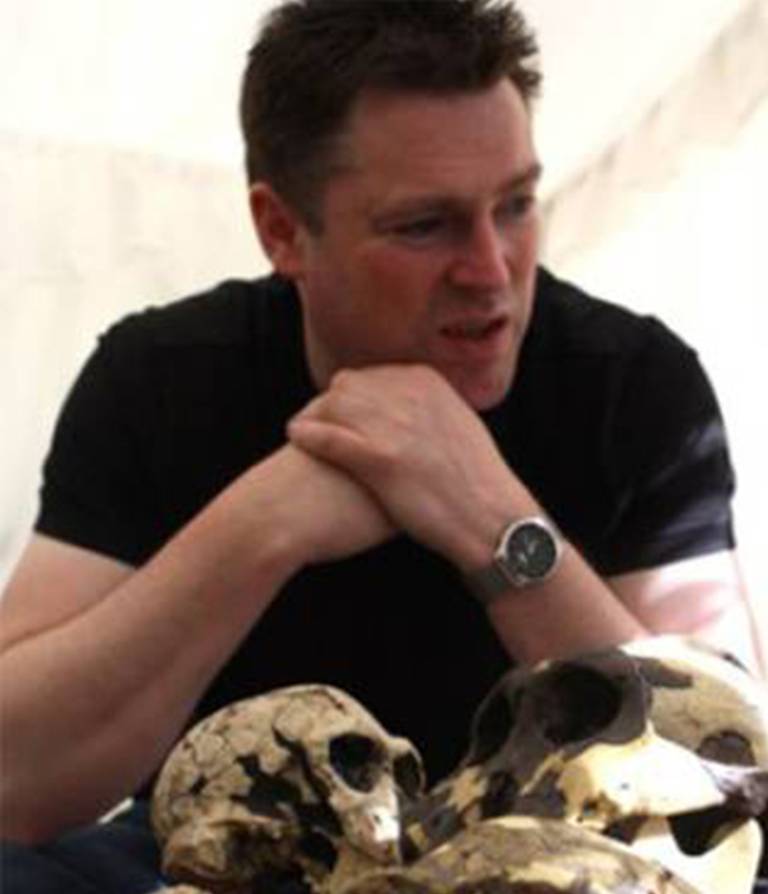
Professor Mark Maslin
Mark is a Professor of Earth System Science with interests in climate change, ecology, and the Anthropocene. He has authored numerous books on the subject, including 'How to Save Our Planet: The Facts' with his work receiving over 25,00 citations.

Dr Lucy Roberts
Lucy is a Lecturer in Environmental Change and an environmental geochemist. Her expertise includes reconstructing and monitoring climatic, environmental, and anthropogenic drivers of aquatic ecosystem change over timescales ranging from decadal to hundreds of thousands of years.
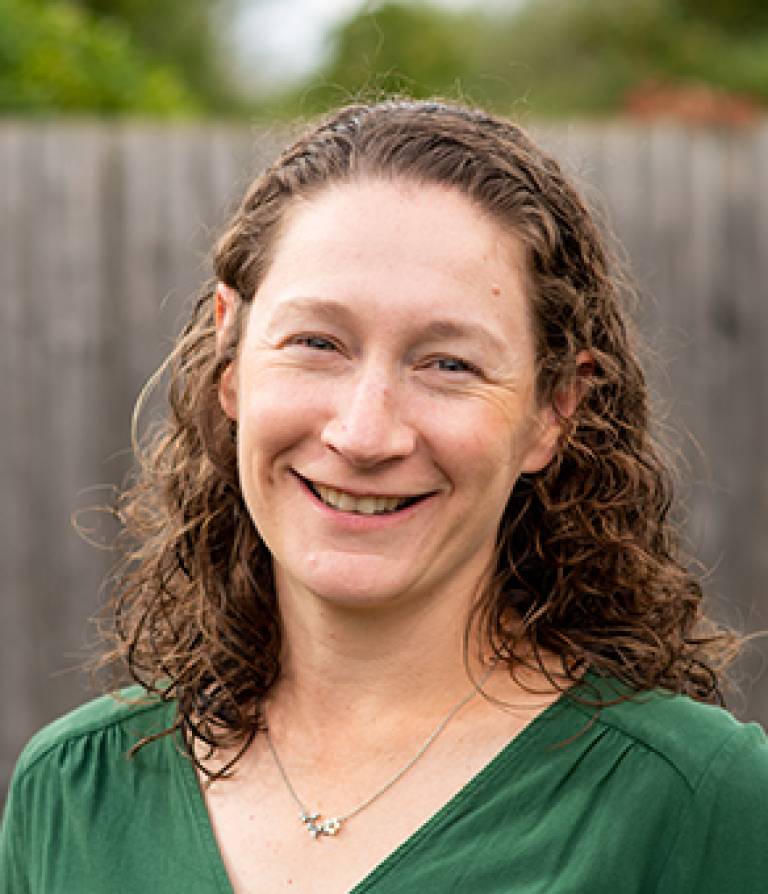
Dr Eloise Marais
Eloise is an Associate Professor in Physical Geography and the lead of the UCL Atmospheric Composition and Air Quality research group where she uses complex models and observations from space-based and ground-based platforms to determine the influence of humans on air quality, atmospheric chemistry, ecosystems and human health.
Testimonials
Bishal Bhardwaj |
Funding

A full list of UCL funding opportunities can be found on the Scholarships and Funding website.
Visit the Prospectus for information on Fees:
News from MSc Climate Change
 | Job Alert: Research Fellow (STEWARDS)Professor Richard Taylor is looking for a Research Fellow to join his "Sustainable Transition Explorations in Water and Agriculture for Resilient Dryland Systems (STEWARDS)" Project. |
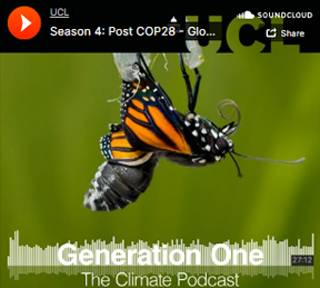 | New Generation One: The Climate Podcast out nowEpisode 6: Post COP28 - AI and the business of climate action |
 | Shaping the UCL Grand Challenge of Climate CrisisJoin us to shape the future of UCL's Grand Challenge on the Climate Crisis. |
 | UCL Geography academics discuss the first Europeans on The Ancients podcastProfessor Chronis Tzedakis and Dr Vasiliki Margari join host Tristan Hughes to explore how climate change drove some of Europe’s earliest humans to extinction. |
 Close
Close


